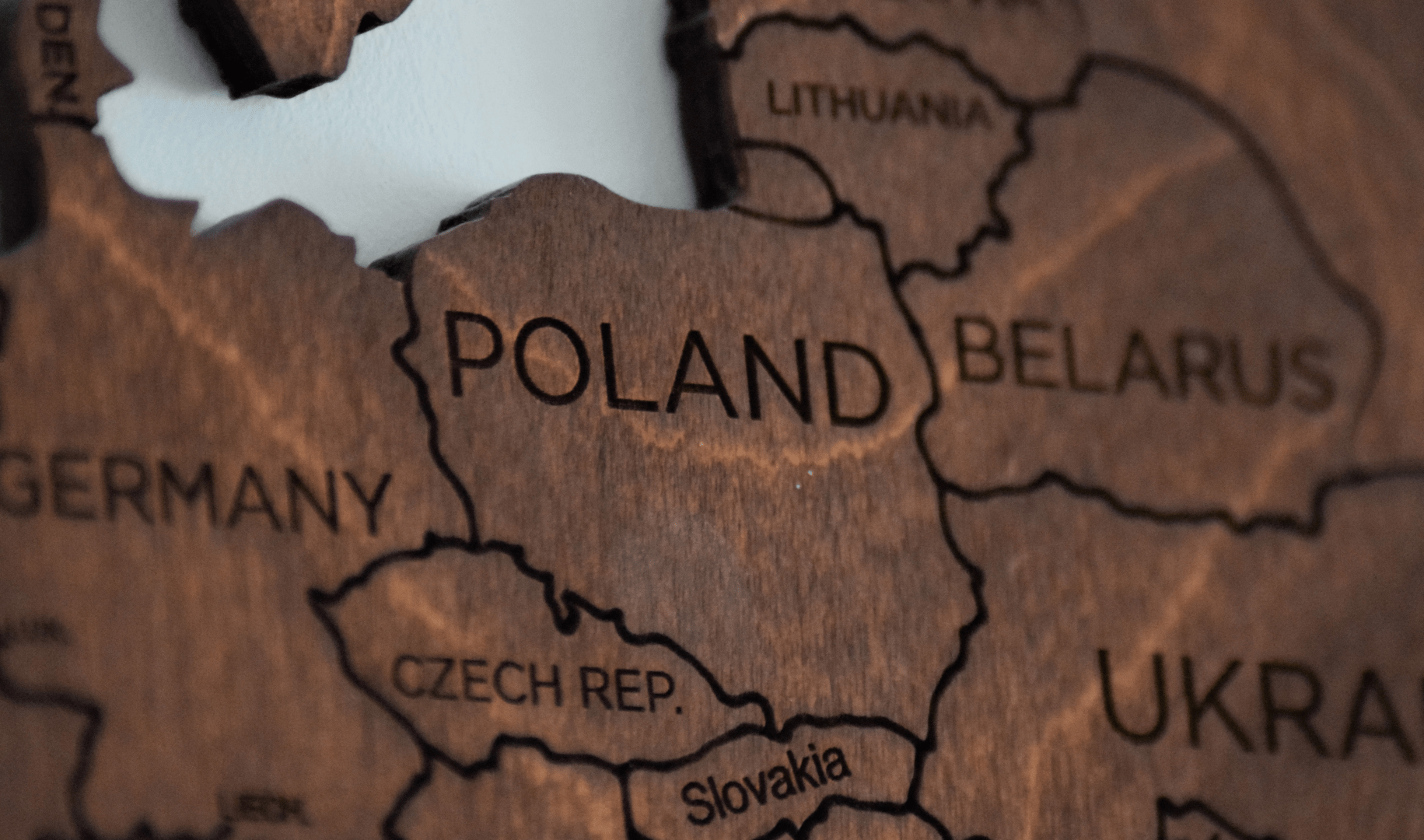
Polish Prime Minister Mateusz Morawiecki has announced plans to hold a referendum on irregular migration. The referendum, which is scheduled to take place alongside the country’s parliamentary elections in October, will ask voters whether they support the government’s plan to toughen border security and reject the European Union’s (EU) mandatory migrant quotas.
Morawiecki has said that the referendum is necessary to give the Polish people a say on the issue of migration, which has become a major political issue in the country. He has argued that the EU’s migrant quotas are unfair to Poland and other countries on the bloc’s eastern border, and that they have put a strain on national security.
The referendum is likely to be divisive, with opinion polls showing that there is no clear consensus on the issue of migration in Poland. However, it is seen as a way for Morawiecki to shore up support for his government ahead of the parliamentary elections.
Why is this happening?
The issue of irregular migration has become a major political issue in Poland in recent years. The country has seen a sharp increase in the number of migrants crossing its borders from Belarus, and the government has responded by tightening border security and building a wall along the border.
The EU has also been criticized for its handling of the migrant crisis. The bloc has imposed mandatory migrant quotas on its member states, which Poland has refused to accept. This has led to tensions between Poland and the EU, and the referendum is seen as a way for the Polish government to assert its sovereignty on the issue of migration.
What are the implications?
The outcome of the referendum is uncertain, but it is likely to have a significant impact on Poland’s relationship with the EU. If the referendum passes, it could lead to further tensions between the two sides and could make it more difficult for Poland to cooperate with the EU on other issues.
The referendum could also have a broader impact on the debate about migration in Europe. If the Polish people vote to reject the EU’s migrant quotas, it could embolden other countries to do the same. This could lead to a more fragmented approach to migration in Europe, making it more difficult to manage the crisis.
Conclusion
The referendum on irregular migration in Poland is a significant event that could have a major impact on the country’s relationship with the EU and the debate about migration in Europe. The outcome of the referendum is uncertain, but it is sure to be closely watched by policymakers and observers around the world.
